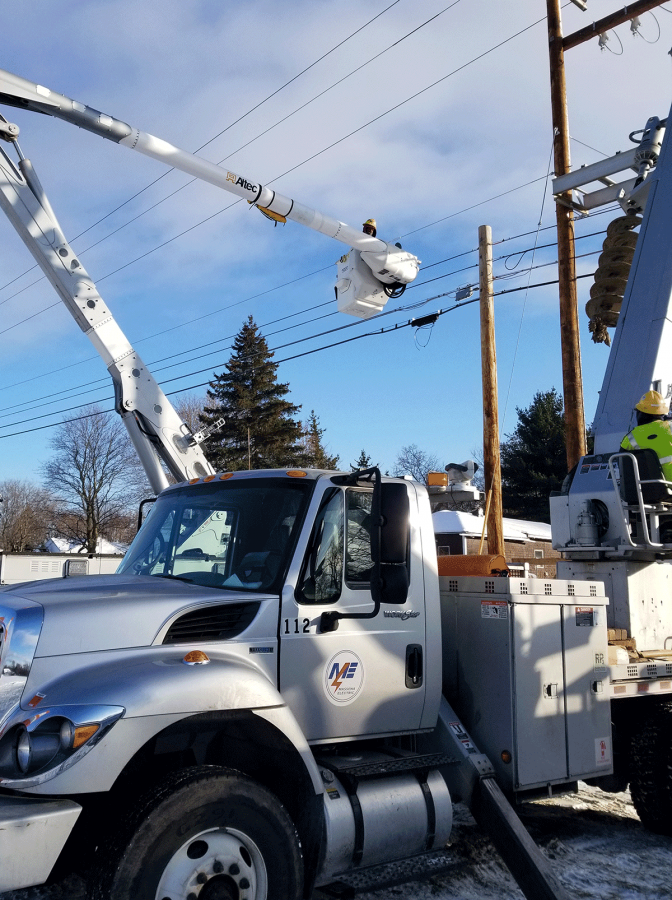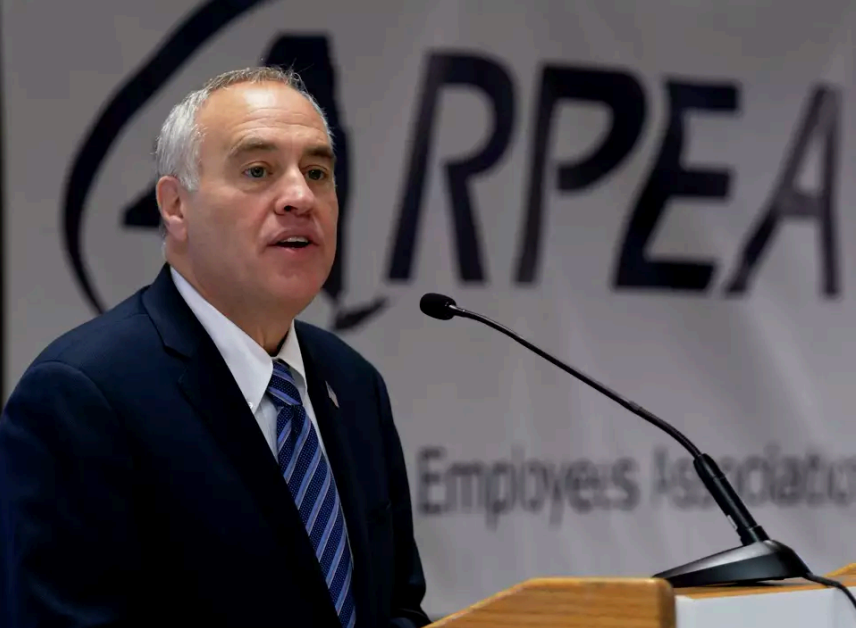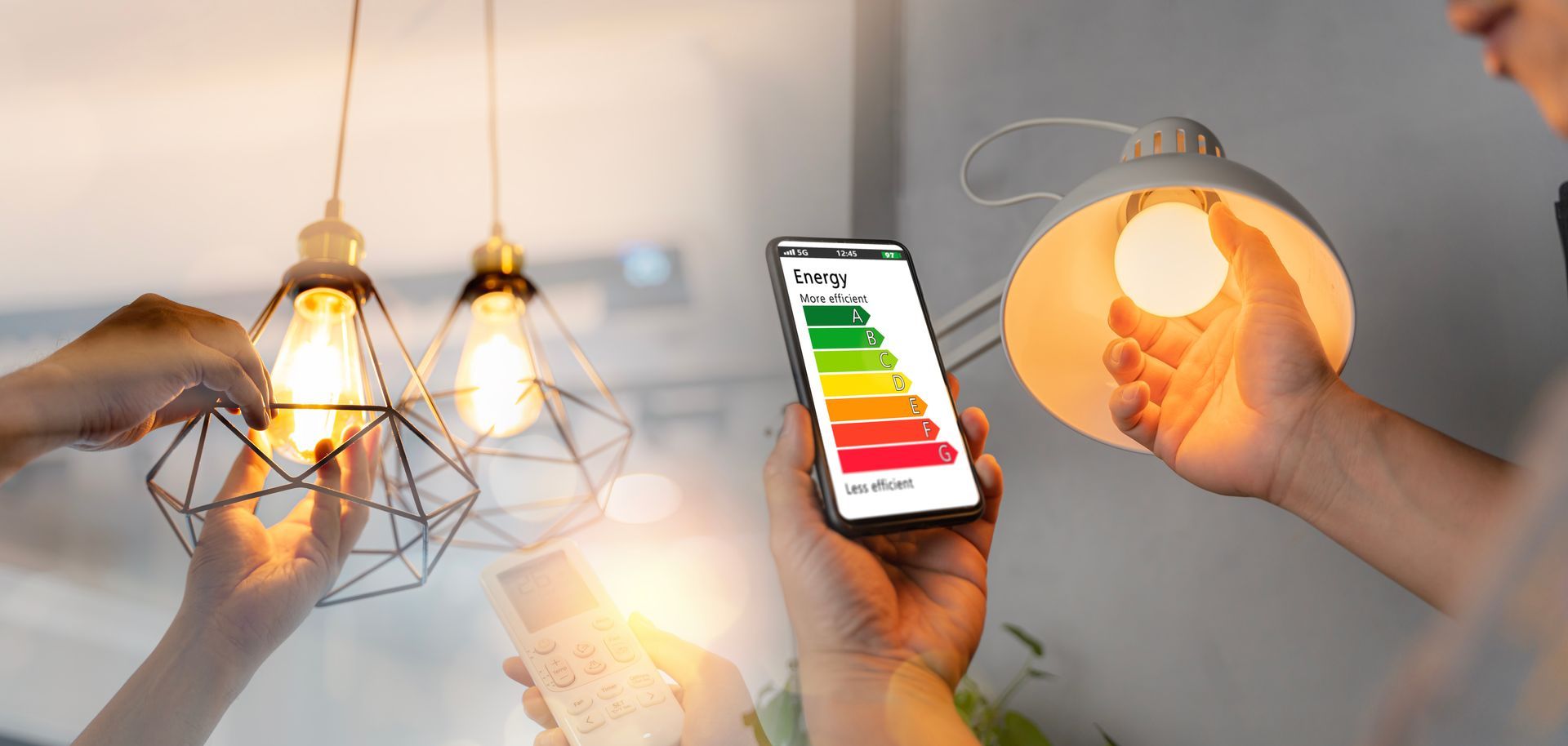July 24, 2024
ALBANY — New York’s Public Service Commission relied on outdated data and made miscalculations about the state’s ability to reach the energy mandates of the Climate Leadership and Community Protection Act, including failing to develop a backup plan for not meeting those goals, according to an audit released Wednesday by the state comptroller’s office. The audit of the Public Service Commission and the New York State Energy Research and Development Authority focused on their roles in implementing the provisions of the 2019 legislation that set bold mandates that include having 70% renewable electricity sources by 2030 and net-zero emissions by 2040 — goals that many business leaders and experts familiar with power production have long cautioned are unattainable. The searing audit by the comptroller’s office said poor planning also has attributed to the missteps, including the commission not updating their calculations based on “new laws and directives, which may drive clean energy demand and supply up, like electric vehicles, new green buildings, or electric cooling and heating.” The audit comes after the Public Service Commission and the research and development authority released a report earlier this month acknowledging that New York will not meet its first significant clean energy mandate in 2030. The scope of the comptroller’s review examined the Public Service Commission’s efforts from 2016 to 2023 and the research and development authority’s work from 2016 to 2021. The commission disagreed with some of the audit’s key findings, including that it has used outdated data or made miscalculations in its planning. The research and development authority said they have implemented the improved recordkeeping recommended in the audit. Even if the comptroller’s recommendations are adopted by the Public Service Commission, which has 180 days to do so or explain why it can’t, it’s unclear that the climate act’s mandates will be met. Power industry experts interviewed by the Times Union have said at the time the legislation was passed there was no analysis done on what’s achievable and at what cost, and no real plan for pulling away from a power grid that’s more than 70 years old. This week, roughly 85 percent of electricity being supplied to New York City and Long Island is from gas and oil. John Howard, who was a member of the Public Service Commission from 2019 until February, said Tuesday that he had long questioned why no one could estimate the cost to New Yorkers of transitioning to clean energy in such a short amount of time — and whether it could be done. “Here we have the biggest statute of all time practically in this area, (and) no hearing record, no fiscal note, no background to underpin the legislation,” he said. “I was on the commission for five years; I couldn’t get hard numbers on costs.” Howard and other energy industry stakeholders noted that many other Democrat-led states, including California, also adopted bold green energy mandates but are struggling to meet them. “There was this herd mentality ... and I think it was unworkable from day one; I said so as much internally,” Howard said. In January 2021, two members of the state’s Climate Action Council — Donna L. DeCarolis, president of the National Fuel Gas Distribution Corp., and Gavin J. Donohue, president of the Independent Power Producers of NY — sent a letter to the co-chairs of that council urging them to authorize a study to determine the short- and long-term costs of the alternative ways being pursued to reduce emissions under the climate act. “We fully support efforts to reduce greenhouse gas emissions and meet the (climate act) targets while maintaining reliable, resilient, affordable, and efficient energy and related infrastructure in New York state,” the letter stated. “A well-reasoned quantitative analysis of the costs associated with various emissions reduction strategies will be essential in enabling the state’s transition to a decarbonized energy future.” The letter was also signed by more than 70 business, labor and power industry leaders across New York, but it received no response from the council’s co-chairs or other state leaders. The comptroller’s audit released this week echoed that the Public Service Commission needs to be “transparent about the cost of transitioning to renewable energy sources.” The commission also needs to “use correct data and account for growing electric demand and limited energy grid capacity to meet clean energy targets, so we see a transparent and accurate picture of where state is at in meeting climate goals.” On the legislation’s mandate to have 70% renewable electricity by 2030, the Public Service Commission had at one time said that New York would reach 66% renewable energy by that year, but more recently said it would take three more years to reach 70%. “Officials need to be more transparent and show basis of these projections,” according to the comptroller’s audit. The Public Service Commission also has failed to factor the cancellations of renewable energy projects that have impeded meeting the climate act’s goals. There were 230 large-scale renewable projects awarded contracts through the program by last year, but 28 projects were cancelled from 2005 to 2023 and, “of the remaining 202 projects, only 30% were completed, and on average it takes 5 years for a large-scale renewable project to be up and running,” the audit states. Other signicant findings in the audit include: The Public Service Commission is using “outdated data and, at times” incorrect calculations in planning, including failing to account for increased electrical demand after the push to transition to zero-emissions for new vehicles by 2035. The commission did not develop a backup plan to not meeting the goals, other than reliance on fossil fuel-based peaker plants, which cover high electrical demand periods, but cause signicant air pollution. “New York is moving in the right direction to transition to renewable energy, but we found better planning, monitoring of progress and timely assessment of risks by PSC is needed to achieve our ambitious clean energy goals,” DiNapoli said in a statement. “New York has been a leader in its efforts to reduce greenhouse gas emissions and the threats caused by climate change, and identifying existing and emerging challenges will improve the likelihood that we succeed.” The audit also pointed to increased severe weather events as a potential obstacle in reaching the climate law mandates, as well as increased demand on the electrical grid by high load projects like semiconductor manufacturing plants, which have expanded in recent months. James Denn, a spokesman for the state Department of Public Service, which is the staff arm of the Public Service Commission, said the agency is “disappointed that (the comptroller’s audit) overlooks several significant steps taken and factors that have impacted progress to date.” He said that in the five years since the climate act was passed, the commission has modified the law’s clean energy standard and directed the research and development authority “to continue undertaking solicitations for new renewable projects in the face of unprecedented and evolving market conditions outside of New York’s control.” Other advancements, Denn said, have included $5 billion in transmission investments to support renewable projects and working with all branches of governments “on renewable energy initiatives that have reduced the ratepayer costs of complying with... (the climate act).” He said the commission has also worked with the Legislature “to streamline the siting laws for renewables and transmission projects.”





